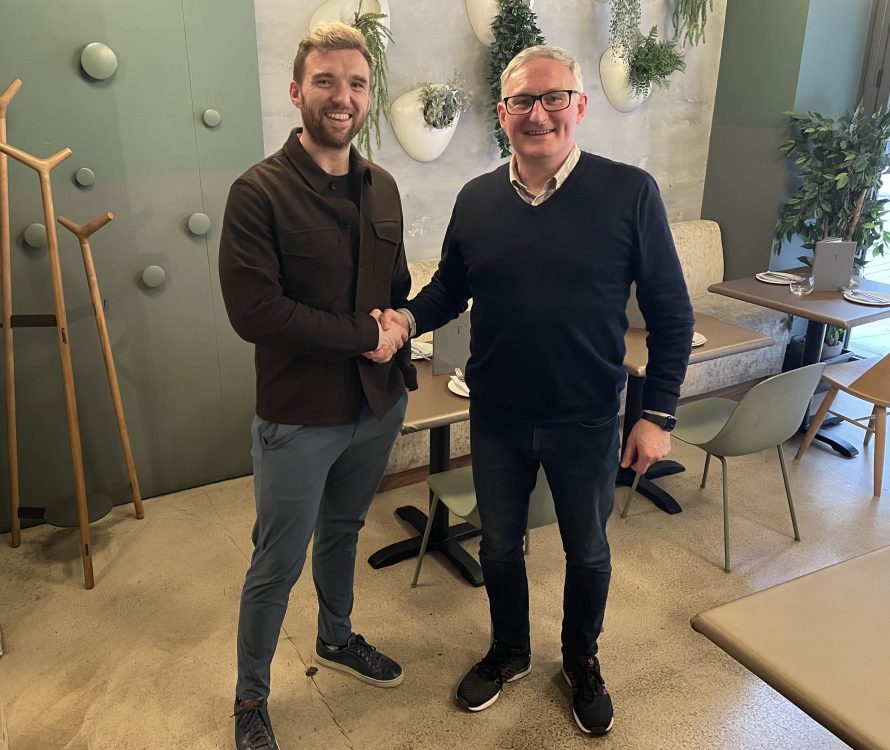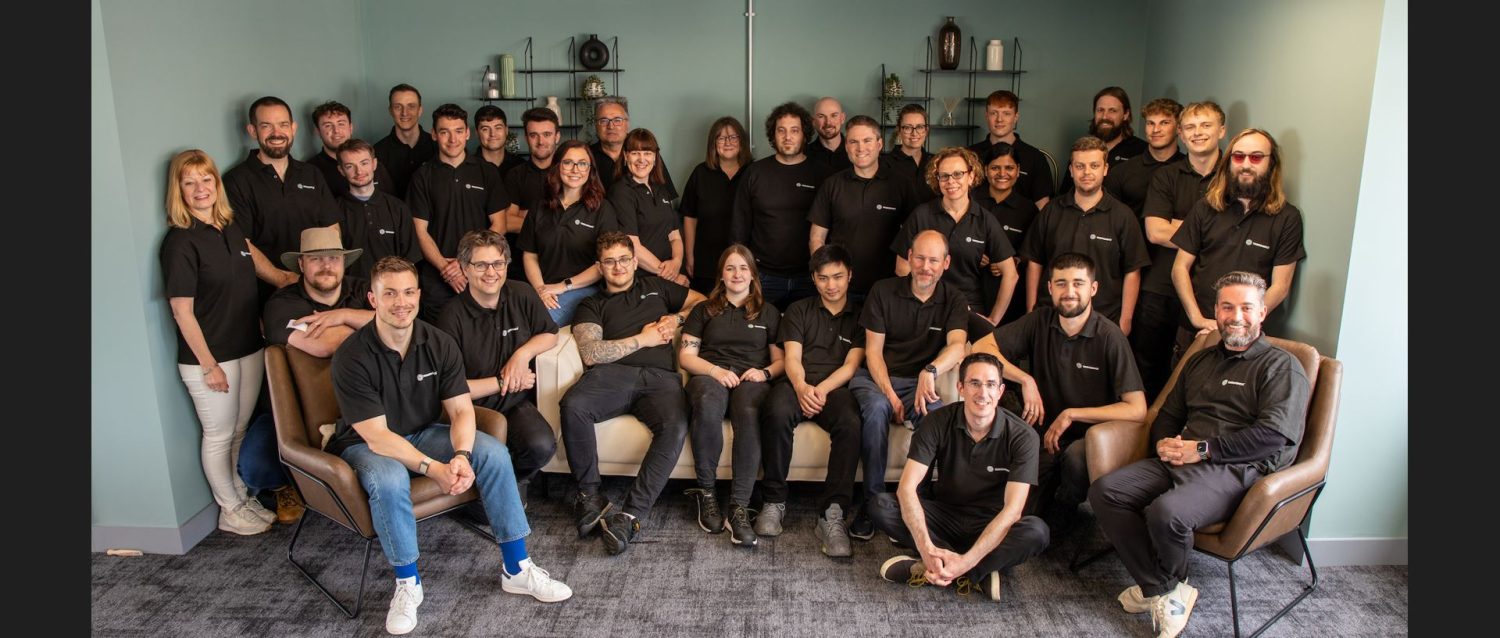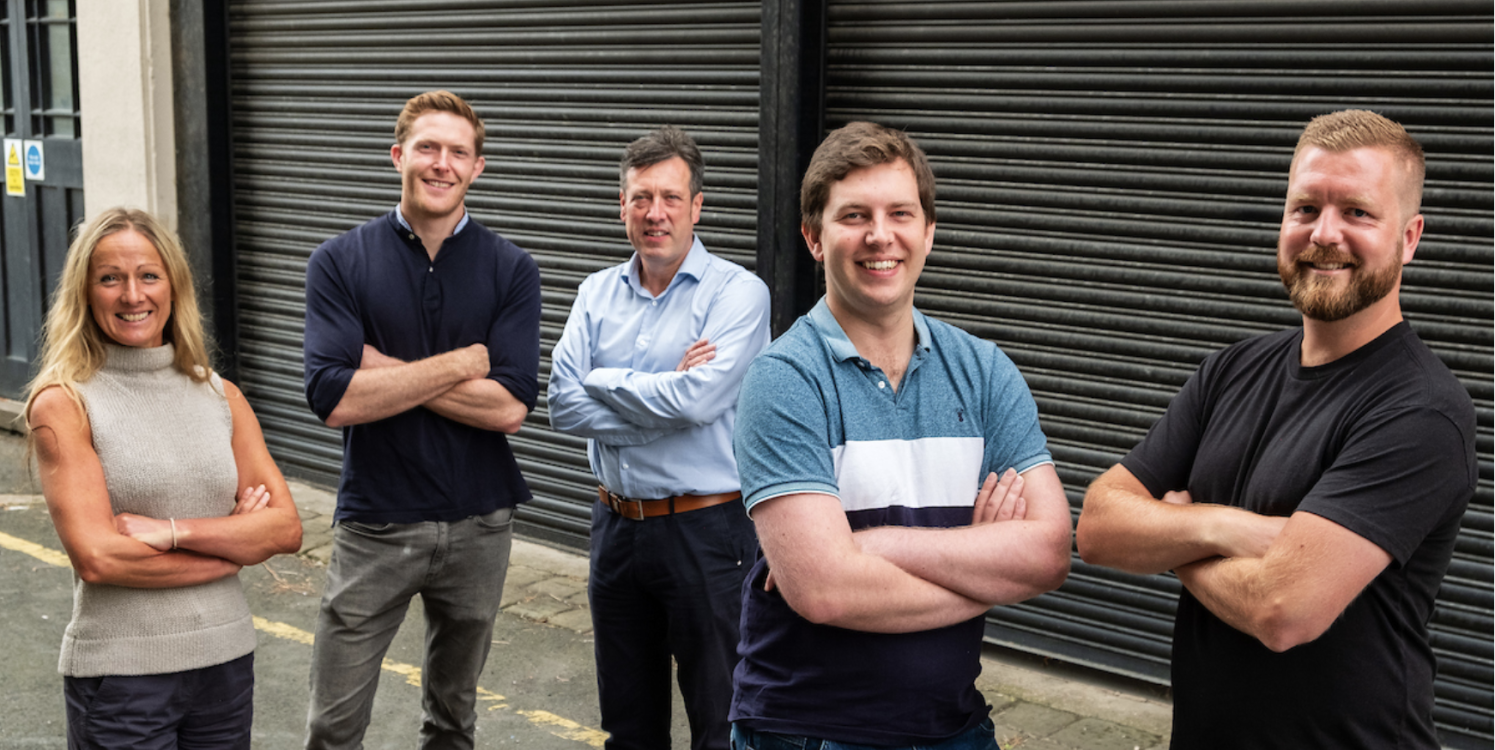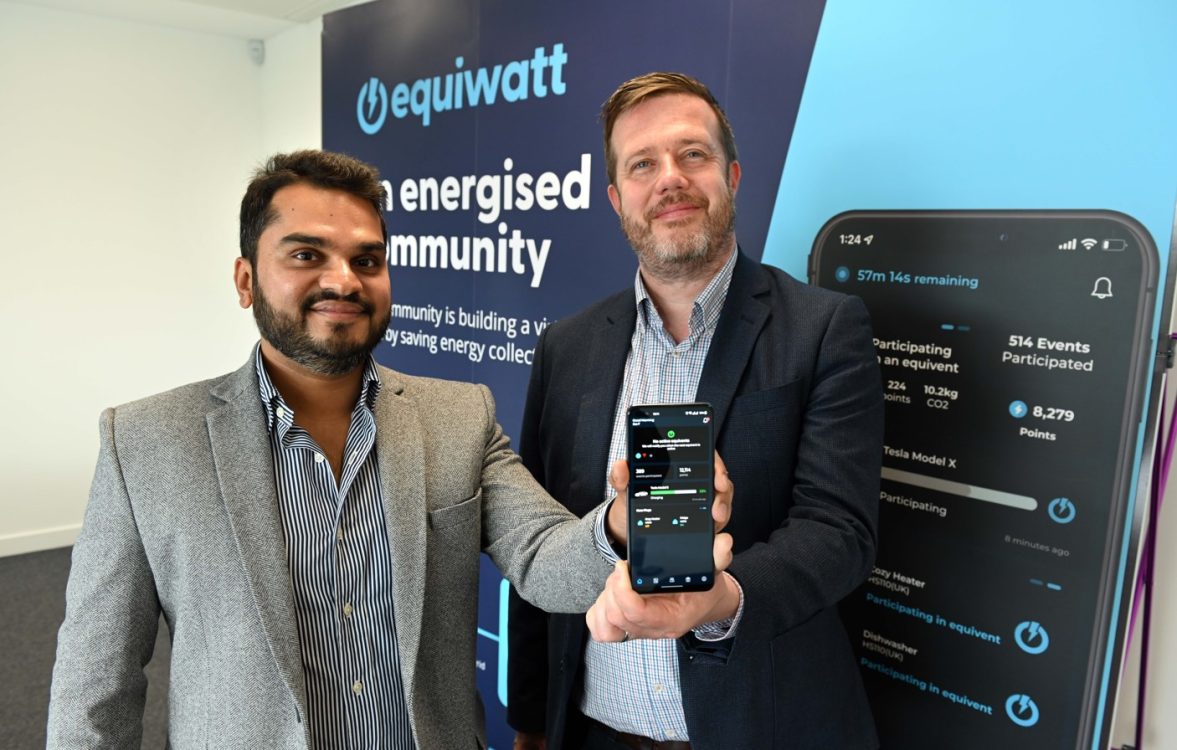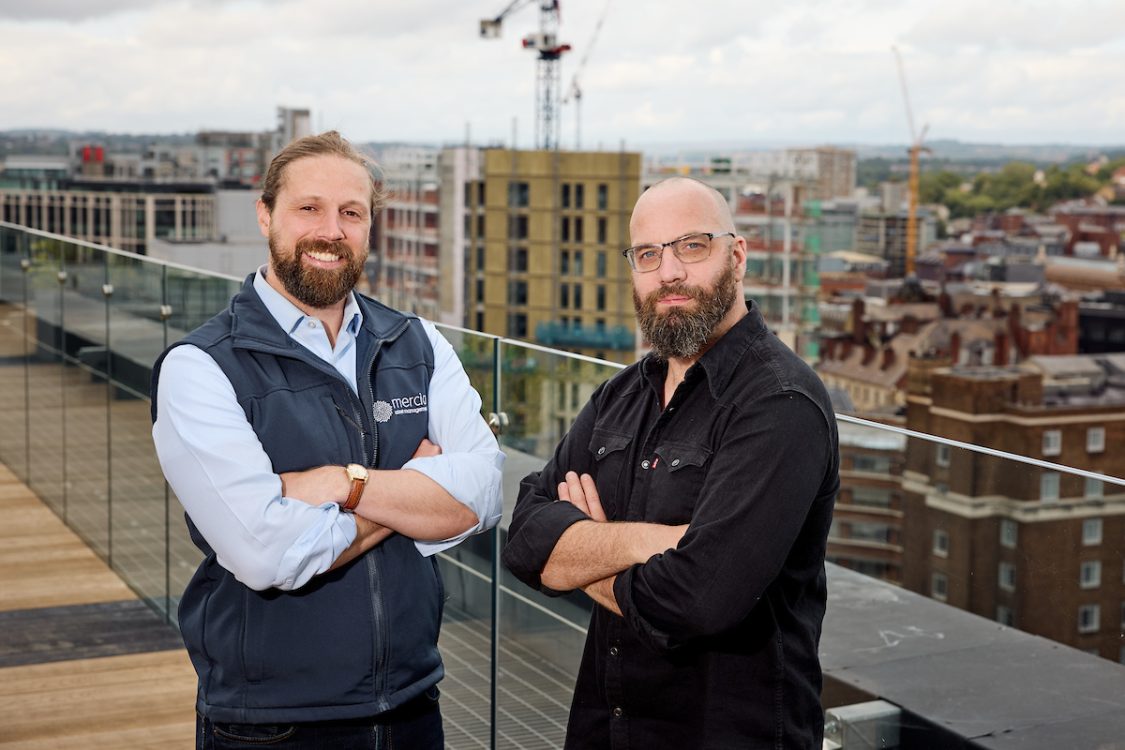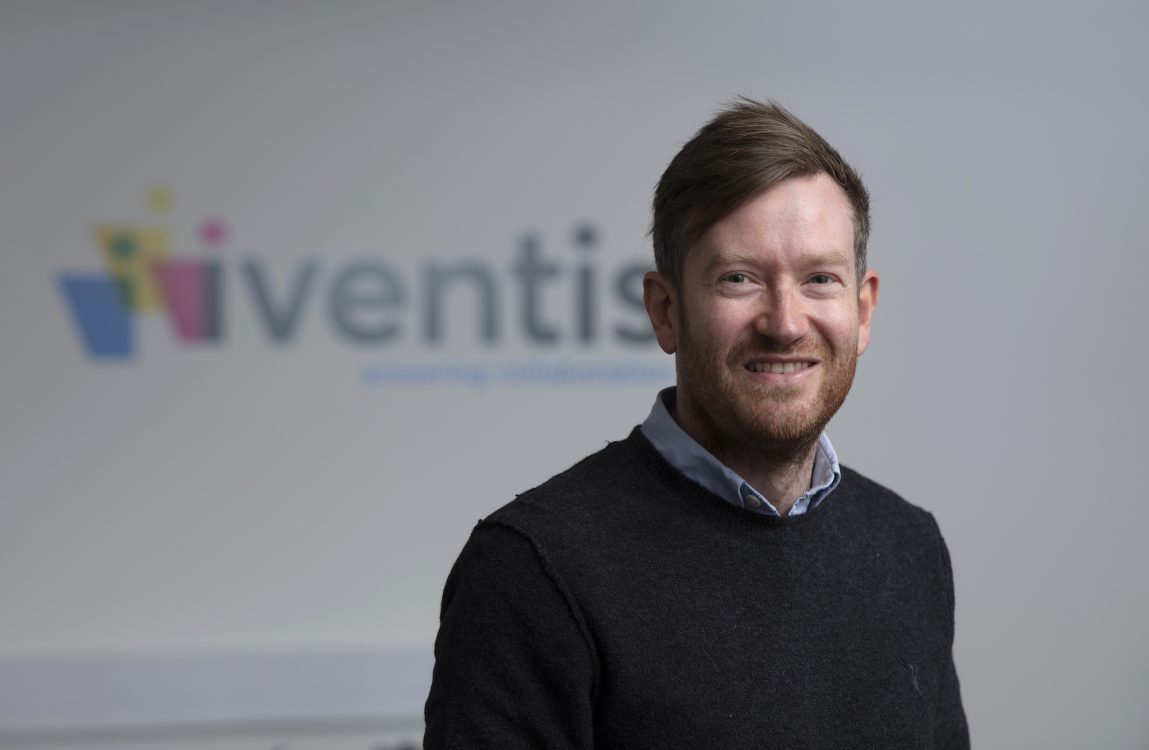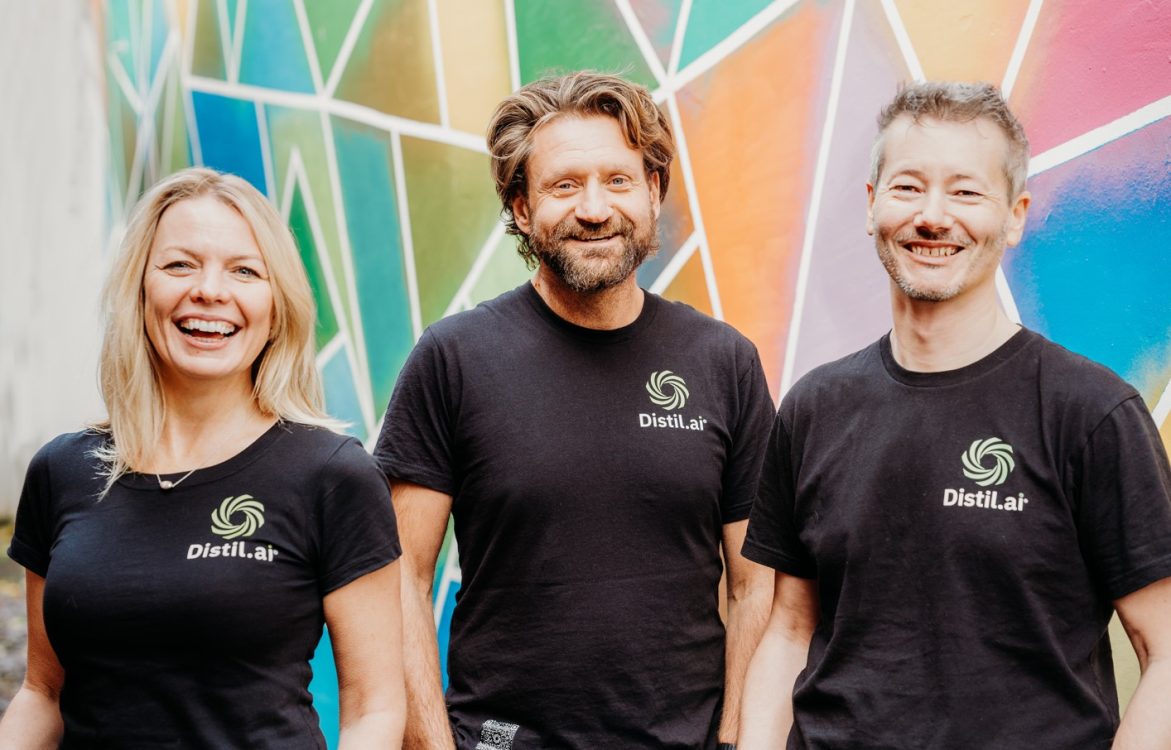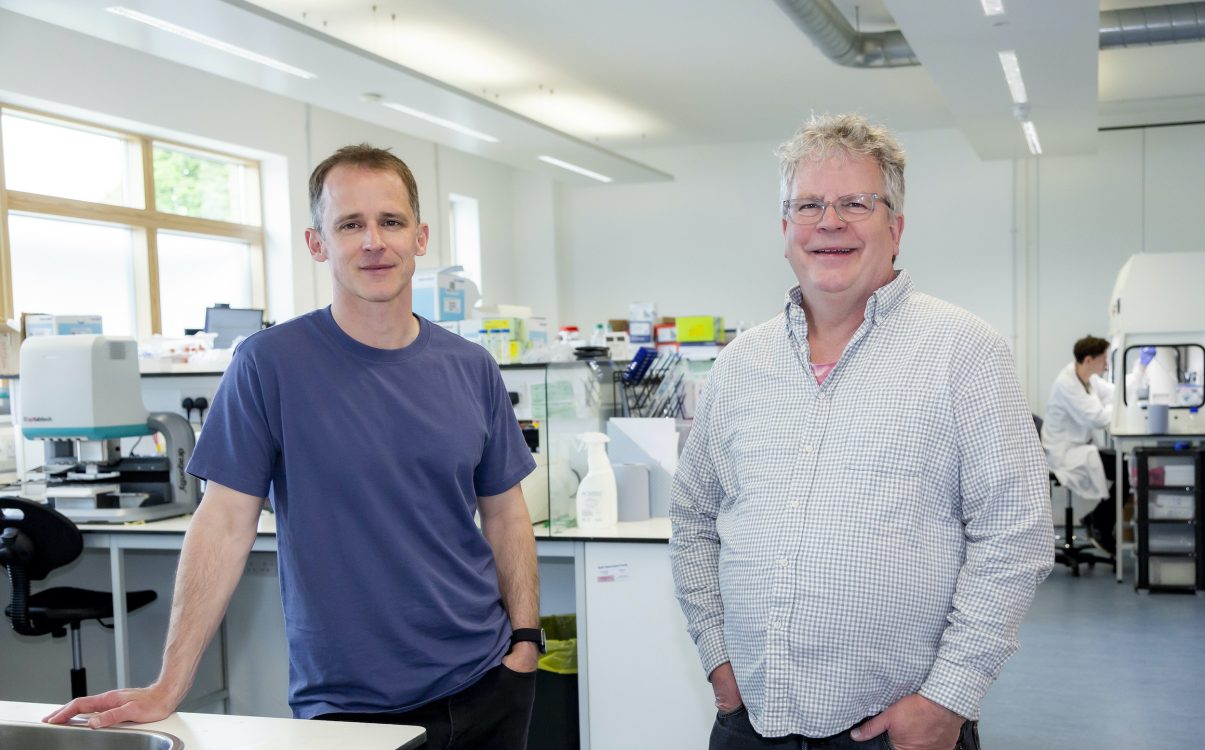SERG Technologies secures £1.6 million Seed investment from investors including Mercia

SERG Technologies, a start-up focused on enabling optimised and personalised care for people with neurodegenerative movement disorders (NDMDs), has raised £1.6m to help bring its innovative technology to market.
The Imperial College London spin-out, which has developed a device that can provide real time and continuous assessment of Parkinson’s symptoms, has secured investment from Mercia, Velocity Partners, Newable, the Imperial College Innovation Fund, a leading Japanese corporation, and private investors.
The funding will be used to expand its team and continue development of its technology, as the business moves to launch its NuRO connected platform in the UK and US.
400 million people around the world are affected by NDMDs. Parkinson’s disease, which affects around 10 million people worldwide, is the fastest growing neurological condition and typically causes symptoms including stiffness of the limbs, tremor and slowness of movement. It is uncurable and its global financial impact is in excess of $70Bn.
SERG’s core technology, NuRO, enables remote, patient-specific assessment of all motor symptoms and uses advanced AI to provide patients, clinicians and health systems with the necessary data and actionable insights to close the loop between monitoring and management of the disease. This allows for remote, data-driven, patient-specific care planning, optimising treatment in between doctor appointments. NuRO is completed by our unique, wearable, non-invasive and non-pharmaceutical treatment solution that targets the plasticity of the brain, training it to regain control and delivering long-term improvement.
Dr Christos Kapatos, co-founder and CEO of SERG Technologies, commented:
“Our vision is to enable people with Parkinson’s and other neurodegenerative diseases and movement disorders to live healthier lives. NuRO could give patients and clinicians a much clearer picture of their condition, enabling treatment to be tuned accurately as needed. We’re excited to continue our work with leading hospitals and patient groups and to bring our technology to market.”
Rob Bennett, asset manager, Mercia, said:
“One of the current frustrations in treating Parkinson’s disease is that patients are assessed on their symptoms, with a lack of objective data. While there are powerful drugs that can ease the symptoms, it is difficult for doctors to get the right dose or develop better treatments because there is no effective ‘yardstick’ to measure patients’ condition. SERG’s technology could transform treatment by unlocking insights into the disease by providing real-time, continuous feedback.”
Dr Brijesh Roy, Seed Investment Manager at Imperial College London, said:
“SERG has identified a promising technical solution to the substantial challenge of improving disease management for the UK’s Parkinson’s patients. This funding round allows the company to gather important data and progress towards a commercial product launch.”
Dimitris Kalavros-Gousiou, Co-founder & Partner at Velocity.Partners VC, said:
“Having followed SERG’s journey since the start, we are happy to witness its next product development phase unfolding, bringing its product closer to commercialization, with the successful closing of the current -seed- round. We firmly believe in SERG’s mission and its ability to deliver on its promise, which could positively affect and improve the lives of more than 10 million people worldwide.”
SERG was founded in 2019 by Dr Ravi Vaidyanathan and current CTO, Dr Samuel Wilson, based on their research at Imperial College London. CEO Dr Christos Kapatos joined the company the same year, and the team soon secured £450k in pre-seed investment, as well as £1.5m in grant funding to date.
Initial trials of SERG’s connected platform, conducted in collaboration with two of the UK’s largest hospitals for NDMD treatment, Charing Cross Hospital and St George’s Hospital, both in London, have generated promising results. The company is now getting ready to run additional trials to monitor the entire disease phenotype, including a registered clinical trial of its tremor treatment system in summer 2022.
For more details visit www.sergtechnologies.com
Ends
Notes to editors
For more information, comment or images, please contact Amy Archer at Creative Leopard on [email protected] or call 07857 145 257.
Parkinson’s treatment – the potential of continuous monitoring
There are 400million people worldwide living with neurodegenerative movement disorders such as Parkinson’s Disease (PD).
PD is the second most common neurodegenerative disorder affecting more than ten million patients. According to Parkinson UK, every hour two more people are diagnosed. That is equivalent to 18,000 people every year.
People with Parkinson’s experience different symptoms as the disease progresses, and there is no consistent disease progression between individuals. Parkinson’s is diagnosed by assessing symptoms in a patient including motor tremor, bradykinesia (slowness of movement) and rigidity. No definitive biomarker exists for diagnosing Parkinson’s and symptoms continue to be used in the assessment of disease progression.
Existing Parkinson’s therapies do not reverse the effects of the disease but treat its symptoms. Various therapies are offered to patients at different times, based on the progression of the disease, but treatment almost always involves a dopaminergic drug such as Levodopa. Clinicians base their dosing strategies on patient response, and in the UK, patients typically visit a neurologist twice a year for symptom assessment. The accurate assessment of disease progression is therefore a high priority, as it enables clinicians to offer the most appropriate treatments, improving patient quality of life.
A clear limitation in the existing treatment pathway for Parkinson’s patients is that clinicians often only have access to a snapshot of symptom severity and must use this as a basis for medium-term treatment planning. As Parkinson’s is a condition where symptoms fluctuate daily, treatment based on snapshot symptom assessment may result in treating failing to control disease symptoms.
Continuous disease monitoring is part of disease management for other conditions, such as diabetes, where blood glucose can be constantly monitored to alert the patient and deliver insulin through a closed-loop system.
SERG Technologies believes its NuRO connected platform could unlock the potential of continuous monitoring for Parkinson’s too. The medical wearable device uses state-of-the-art sensors – developed at Imperial College and licensed exclusively to SERG Technologies – to produce an accurate characterisation of disease state comparable to the clinical gold standard, MDS-UPDRS. This is reported in real-time to clinicians, who can use the information to create more accurate treatment for patients.
Furthermore, NuRO can provide patients and clinicians with quantitative evidence for the effectiveness of treatment and may lead to greater compliance with treatment therapies and lifestyle suggestions.
Related stories
⦁ Featured in the BBC article “Parkinson’s, AI and me” by Rory Cellan-Jones https://www.bbc.com/news/technology-57342760
⦁ Featured in The Times article “Drugs don’t make my Parkinson’s better — could a gadget help?” by Rory Cellan-Jones https://www.thetimes.co.uk/article/drugs-dont-make-my-parkinsons-better-could-a-gadget-help-vndrsk2pb


